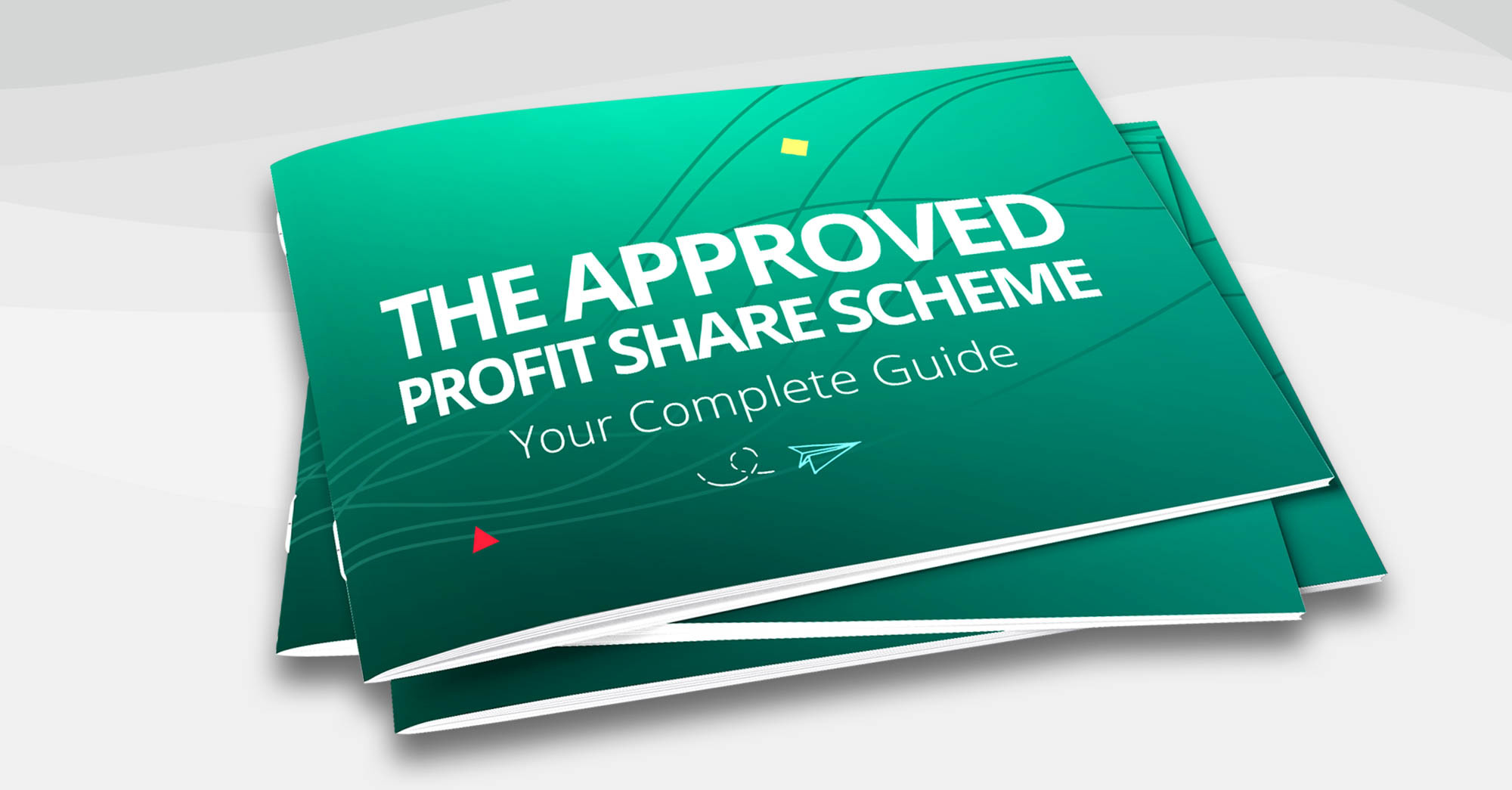Attracting and retaining personnel has always been a key challenge facing businesses in Ireland, and is now an even more pressing issue as we emerge from the Covid-19 pandemic, with a much-reported global talent shortage making the scene even more competitive.
Against this backdrop, businesses cannot afford to be complacent when it comes to retaining staff, while they also need to work harder than ever to make themselves attractive in a jobs market that, for now at least, favours workers more than companies.
All this being the case, it makes sense more than ever for Irish businesses to embrace employee ownership and profit-sharing schemes. In a competitive jobs market, companies owe it to themselves to cultivate whatever edge they can, and going down the line of tax-efficient, equity-based profit-sharing schemes for employees can help you achieve precisely that. In fact, doing so may make the difference between seeing your company achieve its personnel goals and an unappealing alternative outcome… struggling to retain key people and not being able to attract fresh talent of the required standard to fill vacancies.
Enter the Approved Profit Sharing Scheme (APSS)
One of the most popular plans in this country is the Approved Profit-Sharing Scheme (APSS). This is one of three Revenue approved plans available to companies in Ireland, the others being Employee Share Ownership Trusts (ESOTs) and Save As You Earn (SAYE) schemes.
Businesses can also choose to use an unapproved scheme, but approved schemes, officially signed off on by Revenue, tend to be more attractive – depending upon the type of business and their equity strategy objectives – as they usually involve more favourable tax treatment.
While our focus here is on APSS, you can find more information on the range of employee share plans available in Ireland at the Revenue website.
What is an APSS?
An APSS allows employees to convert cash bonuses into shares, with a view towards selling those shares for a profit after an agreed period of time, with tax benefits accruing to both employer and employee, as long as the rules put in place by Revenue are followed.
How does an APSS work?
An APSS is best thought of as a more tax-efficient alternative to a cash bonus. So, when we look to explain how an APSS works, it is perhaps useful in the first instance to look at how a cash bonus paid to an employee plays out from the tax perspective, and then contrast that with how a bonus converted into shares is treated.
When a company decides to give out cash bonuses, the initial news of that award will most likely be greeted with delight by employees. However, that initial morale boost may be tested by the taxman. A cash bonus will be subject to income tax (40%), as well as Pay-Related Social Insurance (PRSI) and the Universal Social Charge (USC). Ultimately, the employee will receive less than half of the gross award. They’ll still be better off, but the figure they actually receive may come as a relative disappointment. As for the company, it also may feel frustrated, as they have watched more than half of the cash amount go somewhere other than originally intended.
So, how differently might this scenario play out under an APSS?
In the first instance, a company interested in using an APSS must contact Revenue and establish that their scheme is fully compliant from the legal and tax perspective. Once that is established, they can then proceed.
With an APSS, we again start with the intention of rewarding employees with a bonus, but the cash amount involved is converted into shares. Under the terms of the scheme, the shares will be immediately transferred to and then held in a trustee account for three years. At the end of that period, the shares are appropriated and the employee will be liable for USC and PRSI, but, crucially, not income tax. If the employee then chooses to sell, whatever gain is made above and beyond the value of the shares at appropriation will be subject to Capital Gains Tax (CGT).
The USC and PRSI deduction will be the same as with the cash bonus, but the CGT liability will be far less than would have been lost as income tax. So, here, the employee receives the original bonus largely intact and CGT (33%) is only applied to whatever gain is made when selling the shares.
Comparing the two scenarios, it is clear that the relatively tax friendly APSS will be far more attractive than a heavily taxed straight cash payment. The employee receives most of the gross figure and the employer is spared the frustration of seeing more than half of an intended bonus end up with the taxman.

What are the advantages for employers of using an APSS?
From the company perspective, there are several clear advantages to the scheme:
- Remember, one of the main reasons to introduce an APSS is with a view towards helping you to retain existing employees and make you more attractive to prospective new hires. The tax advantages associated with the scheme mean it can be lucrative for participants – far more than a straight cash bonus – and so, all other things being equal, it can be a useful tool for achieving this goal.
- Employers make no PRSI contribution when remuneration is share-based.
- Companies can claim tax relief on the cost involved in trustees acquiring shares and in establishing the scheme.
- Companies can decide on a year-by-year basis if they want to make awards, so they are in control of the process.
- If the company does well during the three-year life of the APSS, then participant employees will fare better when they sell their shares. In practice, this means that management and employees become more aligned, with all actively incentivised to ensure that the company prospers.
What are the Revenue rules governing an APSS?
Attractive as APSSs are, it is also important to note that Revenue has put in place a set of rules that must be adhered to by any company wishing to offer this scheme to its employees.
- All employees with three or more years of service must be deemed eligible, but companies have the freedom to include individuals who have been on the payroll for less time.
- Companies can allocate shares up to a value of €12,700 to each participating employee on an annual basis.
- All participants must be offered similar terms.
- Only non-redeemable ordinary shares are allowed.
- Shares can be sold before the end of the official three-year period, but negative tax implications will arise. However, once acquired and placed in the trust, shares cannot be moved or sold for a period of two years. So, participants will benefit from the tax incentives if the shares are left in the trust for three years, but can choose to sell at any point after two years.
What is salary foregone?
The scheme also provides for employees who have received shares under an APSS to choose to forego an amount from their gross pay for the purchase of top-up additional shares. Revenue has also set down clear rules around this point:
- The €12,700 per year limit applies here too. So, the combined value of shares awarded by the company and those bought by the employee under an APSS cannot exceed that figure.
- The salary foregone element must be optional, so some participants may choose to purchase additional shares, while others may not, but the possibility of doing so must be offered to all.
- No more than 7.5% of gross salary may be used for this purpose.
- Salary foregone must be undertaken during the same tax year as the employer contribution.
What companies offer an APSS?
An APSS tends to be a popular choice for public companies and Irish subsidiaries of multinational companies, as well as some other private entities.
Global Shares Expertise
If you are considering introducing an APSS for your employees, contact Global Shares today for expert advice on how to proceed.
This publication contains general information only and J.P. Morgan Workplace Solutions is not, through this article, issuing any advice, be it legal, financial, tax-related, business-related, professional or other. J.P. Morgan Workplace Solutions’ Insights is not a substitute for professional advice and should not be used as such. J.P. Morgan Workplace Solutions does not assume any liability for reliance on the information provided herein.


